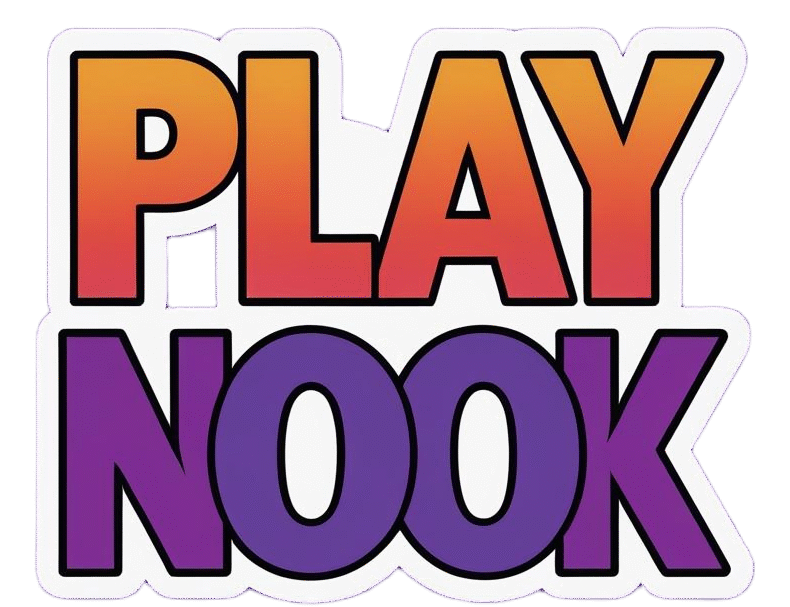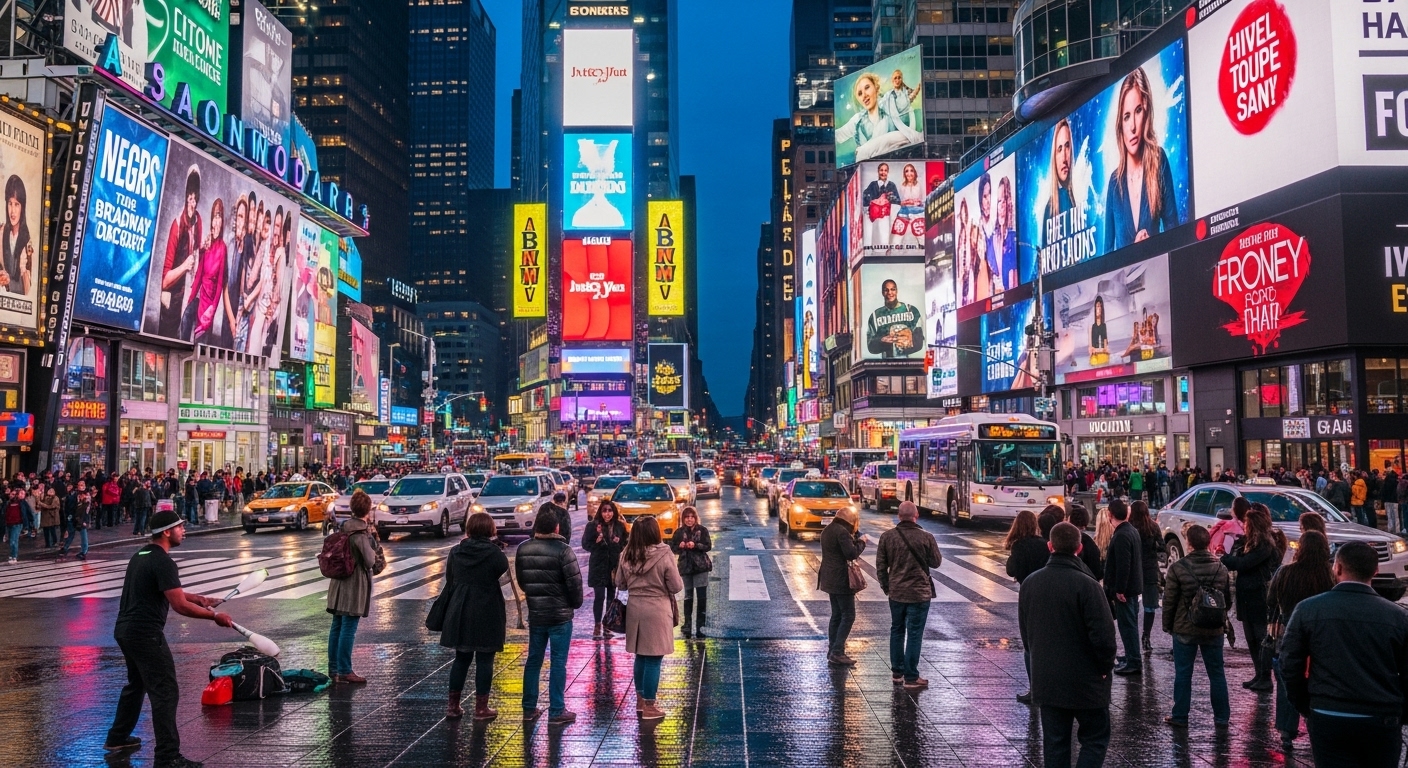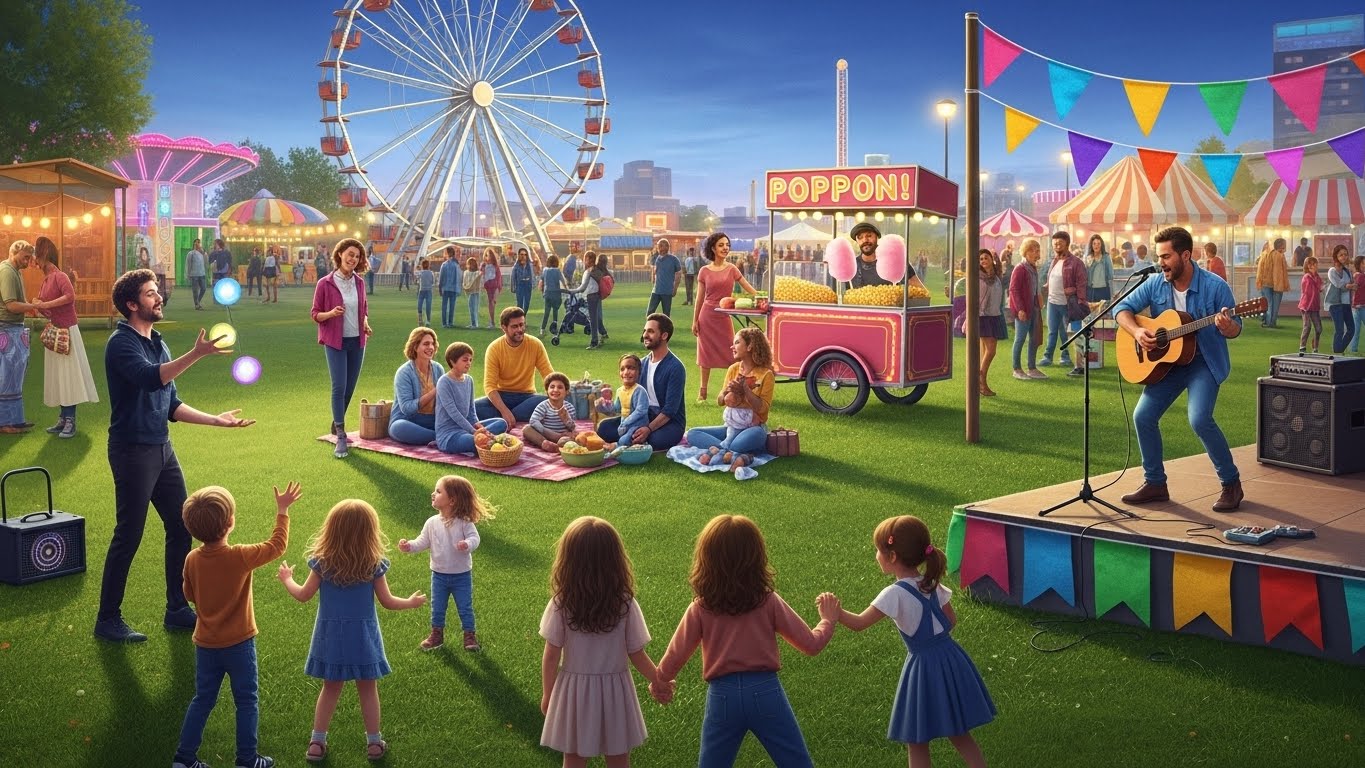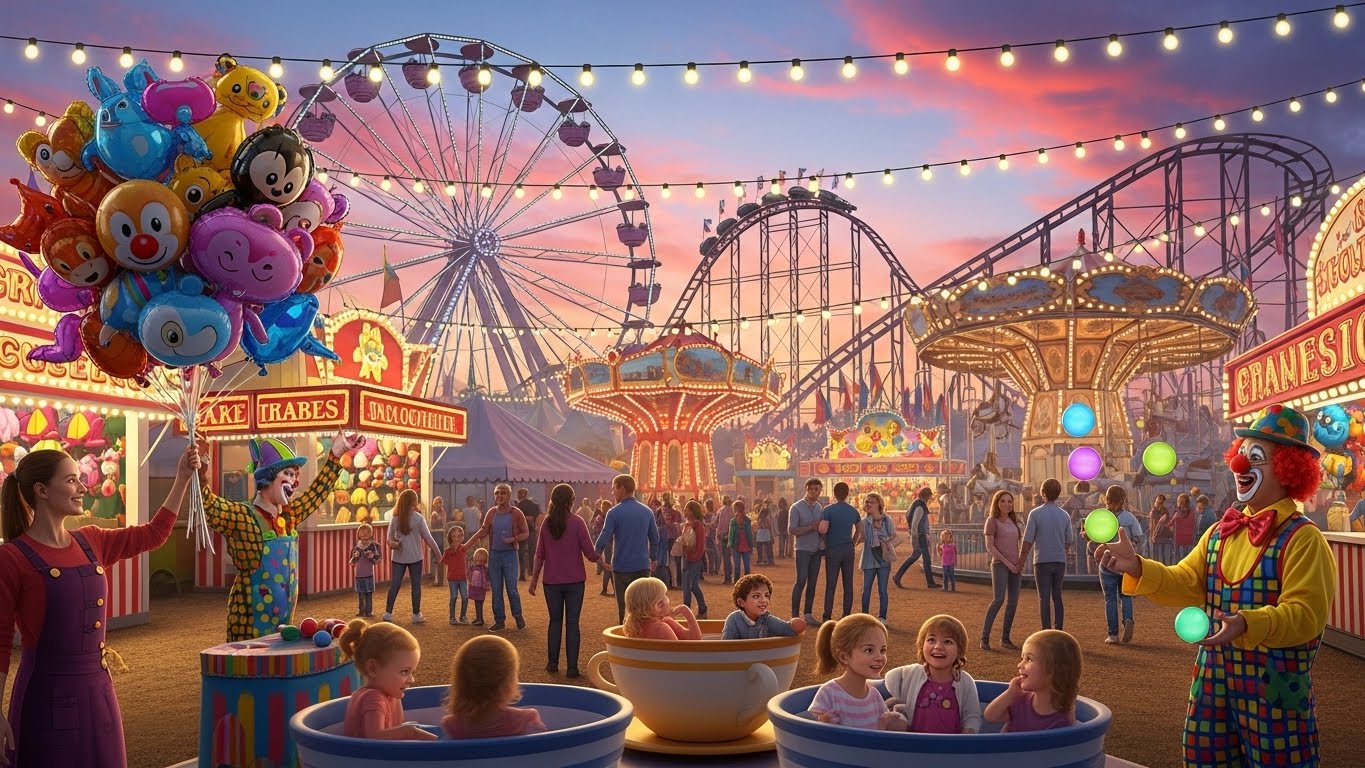Entertainment is one of the most powerful aspects of human life. From the earliest days of storytelling around a fire to the modern age of streaming platforms and global concerts, entertainment has shaped societies, inspired individuals, and created shared experiences that transcend borders. In this blog, we will explore the vast universe of entertainment, how it has evolved, its impact on our lives, and why it remains an essential part of our daily existence.
The Meaning of Entertainment
Entertainment is more than just fun or amusement. It is a form of engagement that captures attention, stirs emotions, and creates memorable experiences. Whether it comes in the form of a thrilling movie, a soulful song, an exciting sporting event, or a comedy show that makes us laugh until we cry, entertainment has the power to lift our spirits and connect us with others.
The Historical Roots of Entertainment
To truly appreciate entertainment today, it is important to look back at its history. Ancient civilizations were filled with forms of entertainment that often doubled as cultural rituals.
- Storytelling: Before the invention of writing, oral storytelling was the primary way to entertain and educate communities. Legends, myths, and fables carried values and traditions across generations.
- Theatre in Ancient Greece: The Greeks pioneered dramatic performances, introducing comedies and tragedies that still influence modern theatre and cinema.
- Roman Gladiatorial Games: Though violent, these spectacles drew massive crowds and were a central part of Roman culture.
- Music and Dance: Ancient tribes used rhythm, chants, and movement not only for entertainment but also for spiritual and social bonding.
These roots reveal that entertainment has always been tied to human creativity and the desire to express emotions, tell stories, and share joy.
The Evolution of Entertainment in the Modern Era
The development of technology has completely transformed entertainment. What was once restricted to local performances and live gatherings has now become a global phenomenon accessible at the click of a button.
- Print Media: Newspapers, magazines, and books became major sources of both information and leisure.
- Cinema: The invention of motion pictures revolutionized storytelling, giving rise to film industries across the world.
- Radio and Television: For decades, radio dramas and TV shows were the main sources of family entertainment.
- Digital Revolution: The internet brought music streaming, video-on-demand, online gaming, and social media entertainment.
Every new medium did not erase the old but instead expanded the range of options available to audiences.
Music: The Universal Language of Entertainment
Music is perhaps the most universal form of entertainment. It crosses cultures, languages, and even time periods.
- Cultural Identity: Different regions of the world are recognized for unique musical styles, such as classical Indian ragas, African drum rhythms, Latin salsa, or Western rock and pop.
- Emotional Connection: A single song can make someone cry, dance, or feel nostalgic.
- Industry Powerhouse: The global music industry generates billions annually, and concerts bring people together in massive numbers.
Music is not only entertainment but also therapy, tradition, and in many cases, a way of life.
Film and Television: Stories That Shape Our Imagination
Movies and TV shows are powerful forms of entertainment because they combine storytelling, visuals, and sound. They allow us to escape into different worlds, experience diverse cultures, and explore themes that mirror our own lives.
- Cinematic Escapism: Science fiction, fantasy, and superhero films let audiences step into worlds beyond imagination.
- Drama and Realism: TV dramas and films based on real events highlight societal issues, educating while entertaining.
- Comedy and Joy: Sitcoms and comedic films bring lighthearted relief from daily stresses.
Film and television not only entertain but also reflect human values, struggles, and aspirations.
The Rise of Gaming as Entertainment
Gaming has emerged as one of the most influential entertainment industries in recent decades.
- Video Games: From classic arcade games to advanced virtual reality experiences, gaming has become a mainstream form of entertainment.
- Esports: Competitive gaming now attracts millions of viewers worldwide, rivaling traditional sports in popularity.
- Social Connection: Online multiplayer games allow players to connect across continents, turning entertainment into a global community.
The gaming industry is not just about fun; it is also shaping technology, culture, and even education.
Sports and Live Entertainment
Sports have always been one of the most exciting forms of entertainment. Whether it is football, cricket, basketball, or the Olympics, sports create drama, competition, and unforgettable moments.
- Community Bonding: Fans come together to support teams, creating a sense of unity and belonging.
- Role Models: Athletes inspire millions through their skills, discipline, and determination.
- Live Events: Concerts, theater performances, and stand-up comedy shows also fall under live entertainment, offering unique, in-the-moment experiences.
Live entertainment remains special because of its immediacy and the energy of real-time interaction.
The Impact of Technology on Entertainment
Technology has completely redefined entertainment in the digital era.
- Streaming Services: Audiences can now watch movies, shows, and concerts anytime and anywhere.
- Virtual Reality: VR allows users to immerse themselves in simulated worlds, creating entirely new forms of entertainment.
- Artificial Intelligence: Personalized recommendations and interactive AI-driven content make entertainment more tailored.
- Social Media Platforms: These have turned everyday people into entertainers through short videos, live streams, and viral content.
The future of entertainment will continue to be shaped by innovations in technology.
Entertainment and Culture
Entertainment is deeply tied to culture. It reflects traditions, values, and social dynamics. Bollywood movies reflect Indian society, Hollywood blockbusters reflect globalized Western culture, and K-pop reflects South Korea’s blend of tradition and modernity. Entertainment also influences fashion, lifestyle trends, and even politics.
Entertainment as a Stress Reliever
Life is full of challenges, and entertainment serves as a much-needed escape.
- Comedy: Laughter reduces stress and improves mental health.
- Music and Dance: These activities release endorphins, making people happier.
- Movies and Shows: They allow people to step away from reality for a while and recharge emotionally.
Entertainment is not a luxury; it is a necessity for mental and emotional well-being.
The Business of Entertainment
Behind every movie, concert, or video game lies a massive industry. The entertainment sector employs millions of people globally, from actors and musicians to behind-the-scenes crews, marketers, and digital creators.
- Film Industry: Hollywood, Bollywood, and regional cinemas produce thousands of films annually.
- Music Industry: Streaming platforms, record labels, and live concerts generate enormous revenue.
- Gaming Industry: Worth hundreds of billions, gaming is one of the fastest-growing sectors in entertainment.
Entertainment is not just about fun; it is also about economics, innovation, and global influence.
The Dark Side of Entertainment
While entertainment brings joy, it also has challenges.
- Addiction: Excessive gaming, binge-watching, or social media use can lead to unhealthy lifestyles.
- Commercialization: Sometimes, art is sacrificed for profit.
- Influence on Behavior: Violent or negative content can impact impressionable minds.
Balancing entertainment consumption is important to avoid these pitfalls.
The Future of Entertainment
As we look ahead, entertainment will become even more interactive, personalized, and immersive.
- Metaverse Experiences: Virtual worlds where people can socialize, work, and play will redefine entertainment.
- AI-Generated Content: From AI-composed music to AI-written scripts, technology will create new forms of media.
- Global Accessibility: As internet access spreads, entertainment will reach even the most remote communities.
The future promises more creativity, innovation, and inclusivity in entertainment.
Conclusion: Why Entertainment Matters
Entertainment is more than a pastime. It is a reflection of human creativity, a tool for relaxation, a bridge between cultures, and a major global industry. It brings joy, sparks imagination, and connects us in ways nothing else can. From ancient stories to futuristic virtual reality, entertainment has always been at the heart of human experience.
As technology evolves and societies change, entertainment will continue to adapt, grow, and inspire. Whether through music, movies, sports, gaming, or live performances, it will remain an inseparable part of our lives. Entertainment is not just about fun; it is about living, feeling, and sharing the human journey together.



